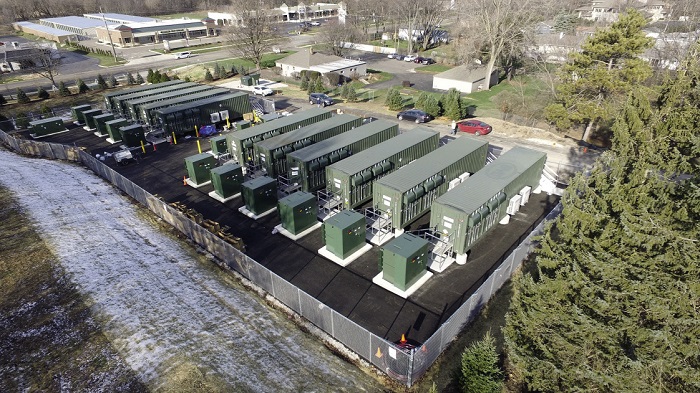The India Energy Storage Alliance (IESA), India’s leading storage experts, estimates India has a potential for 70 GW of energy storage by 2022, out of which 35 GW is expected to come from the wind and solar sectors.
India’s renewable sector is growing at a rapid pace, with 370% solar capacity increase in the last three years and a record 5.5 GW of wind power installed in 2016-17.
If these trends continue, India could attract INR 385 billion ($6 billion) worth of investments in the sector of energy storage manufacturing, driving an estimated energy potential of 100-200 GWh between 2017-2022.
Energy storage is understood to be the next revolution in the renewable energy market, proving grid strength and support for clean and continuous power supply. However, it remains a relatively expensive source of energy and IESA is working hard to drive the market and offer support for India to become a storage manufacturing hub.
Rahul Walawalkar, Executive Director, IESA, said: “IESA is progressing rapidly to promote energy storage, microgrids and electric vehicles in the Indian market. We are delighted to welcome Jacqueline M. DeRosa, Member of Energy Storage Association, U.S., and Mark Tinkler, member of Energy Storage Canada, as our advisory members. They bring with them a rich and global experience on energy storage policy developments.
“Our mission is to make the energy sector in India more competitive and efficient by creating awareness among various stakeholders,” Walawalkar added.
Walawalkar further talked about the policy framework, investment, energy concepts, battery technologies and more, in an interview to pv magazine.
This content is protected by copyright and may not be reused. If you want to cooperate with us and would like to reuse some of our content, please contact: editors@pv-magazine.com.








By submitting this form you agree to pv magazine using your data for the purposes of publishing your comment.
Your personal data will only be disclosed or otherwise transmitted to third parties for the purposes of spam filtering or if this is necessary for technical maintenance of the website. Any other transfer to third parties will not take place unless this is justified on the basis of applicable data protection regulations or if pv magazine is legally obliged to do so.
You may revoke this consent at any time with effect for the future, in which case your personal data will be deleted immediately. Otherwise, your data will be deleted if pv magazine has processed your request or the purpose of data storage is fulfilled.
Further information on data privacy can be found in our Data Protection Policy.